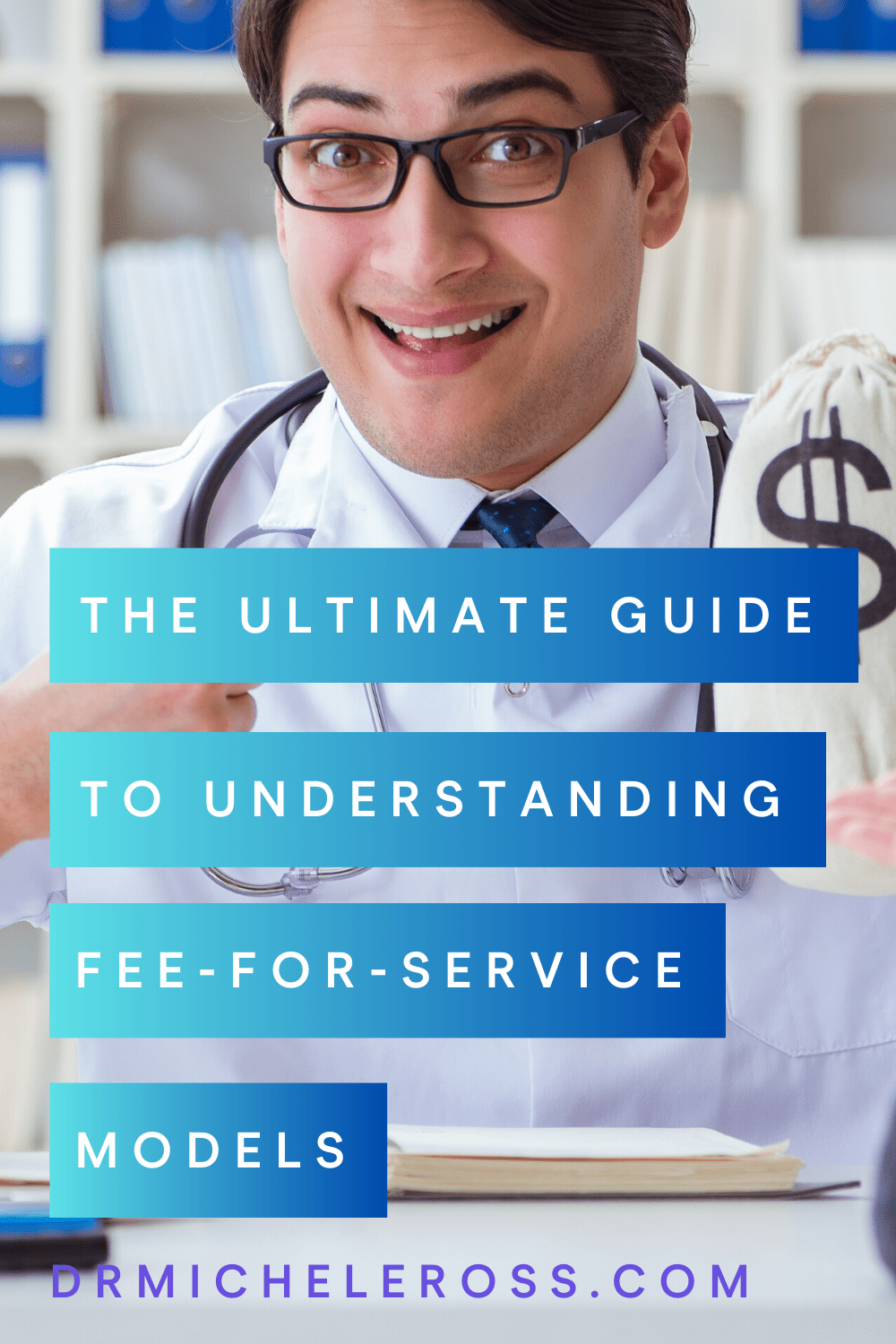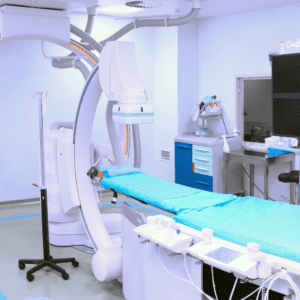
Fee-for-service models have been criticized as contributing to inflated healthcare costs. Traditional FFS incentivizes physicians to prescribe unnecessary services to maximize revenue.
Just as consumers hold restaurants, electronics companies, and car manufacturers accountable for quality, healthcare should also be held to a higher standard. Many industry experts believe a transition to value-based care is the solution.
What Is FFS?
The FFS model is the predominant healthcare reimbursement system in most countries. Under this model, physicians are reimbursed for each service, such as appointments, lab tests, and treatment.
It has been widely criticized for encouraging overprovision of services and excessive treatments since it rewards healthcare professionals for their quantity of work instead of their effectiveness. FFS has been a significant contributor to unsustainable healthcare costs.
Healthcare providers have also been incentivized to purchase expensive medical equipment like MRIs and other technology to increase revenue. These investments have led to the overuse of these devices and a focus on procedures that are not in the best interest of patients.
We are moving away from fee-for-service models and toward value-based care models that reward providers for their patient outcomes. This shift should motivate practices and healthcare systems to focus on patient-centered care and better coordination. For example, we should no longer consider gender reassignment surgery (GRS) as a purely cosmetic procedure but as medically necessary for those suffering from gender dysphoria.
FFS Reimbursement
FFS reimbursement involves paying doctors and hospitals for each service they provide. This model prioritizes volume over quality and incentivizes medical professionals to order as many services as possible. Each office visit, test, or procedure generates a fee, leading to more fees for medical equipment (MRIs, etc.) and prescription medication.
Ultimately, this model has contributed to soaring healthcare costs. It encourages over-utilization of healthcare services and prevents providers from investing time and resources into preventive health programs.
To combat rising healthcare costs, there has been a move away from fee for service models and toward value-based care. The latter models focus on efficiency and patient outcomes, incentivizing medical providers to focus on what works best for their patients. The shift to value-based care presents many challenges for healthcare organizations. If they choose to remain in FFS while transitioning to value-based care, they will need to keep track of two different reimbursement systems simultaneously.
FFS Incentives
FFS creates financial incentives for medical care providers to schedule appointments and perform tests that may not be relevant to a patient’s health. This can lead to over-utilization of services, leading to higher healthcare costs.
Additionally, the FFS model can create expensive insurance policies. Customers who purchase FFS plans typically pay upfront for medical expenses and then file a claim to get reimbursed. This can be frustrating and costly for patients and doctors who need to wait long periods for reimbursement from insurers or third parties.
However, the FFS model can be beneficial for specific customers. It allows them to see any provider they want and can often eliminate the need for referrals from a primary care physician. This is beneficial for patients who suffer from persistent illnesses or intricate medical conditions. However, customers must choose a plan offering a vast network of medical providers.
FFS Alternatives
While the fee-for-service model may have limitations, it will likely remain a prominent part of many healthcare practices. Fortunately, there are alternatives to this model that can elevate Patient Outcomes and reduce overhead. These alternative models include bundled payments and capitation.
A significant disadvantage of the fee-for-service model is that it can lead to overutilization of services, as physicians are incentivized to perform as many procedures and tests as possible to maximize revenue. This can result in costly medical mistakes and wasted resources.
The healthcare industry is moving towards value-based care (VBC), which rewards providers for quality and patient outcomes instead of the quantity of services provided.
Pin This Post





